
Health officials across the country have linked Salmonella outbreaks spanning 47 states to live poultry and the growing popularity of keeping backyard flocks.

Health officials across the country have linked Salmonella outbreaks spanning 47 states to live poultry and the growing popularity of keeping backyard flocks.

The weekly Business Watch includes the latest industry news that practitioners working in infectious diseases need to know.

Conan MacDougall, PharmD, MAS, BCPS-AQ ID, sheds light on behavior change interventions that could positively affect antibiotic prescribing practices.
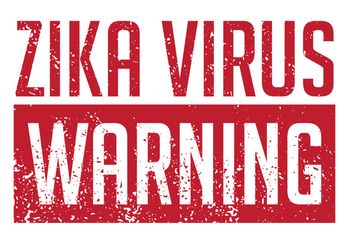
In the most recent MMWR, the CDC released data indicating the risk of Zika congenital infection resulting into complications based on trimester of infection.

May's top articles included news on HIV, Lyme disease, updates to nosocomial pneumonia guidelines, and more.

In patients who are being treated with antiretroviral therapy (ART), it appears that a latent form of HIV residing in immune cells can continue to reproduce.
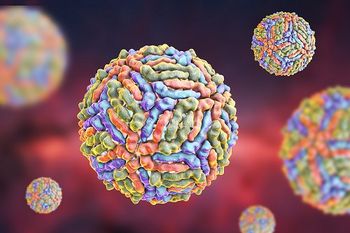
While health departments around the country continue to report that mosquitoes are testing positive for the West Nile virus, researchers have received a federal grant to study the neurological effects of the virus.

Incidence of superbug infections are certainly keeping the media in business, but is all the attention translating into an increased awareness of the importance of antibiotic stewardship?

New research suggests that making drug use a crime may negatively impact the prevention and treatment of HIV.

Researchers describe how government and pharmaceutical companies develop are working to develop new drugs for emerging infectious diseases.

ASM member Kate Rubins, PhD, first individual to sequence DNA in space, shed light on her experience as a NASA astronaut in a keynote conversation at the ASM Microbe 2017 meeting in New Orleans, Louisiana.

At the recent ASM Microbe 2017 Conference, Contagion® sat down with David Hooper, MD, ASM Microbe Steering Committee Chair to learn more about his research.

Researchers from the University of Chicago are following the footprints of bacteria throughout a new hospital.

In an interview, David Aranoff, MD, FIDSA from Vanderbilt University, discussed his latest research on infectious diseases and reproductive health.

In an interview at the ASM Microbe 2017 meeting, held in New Orleans, Louisiana, Vice-Chair David Relman, MD, discussed with Contagion® microbiome research and its potential utility in medicine.

At the recent ASM Microbe 2017 Conference, Dr. Robert Bonomo shared with attendees highlights of his long-standing career and achievements.

Researchers from Yale University have found a way to make mycobacteria more susceptible to antibiotics.
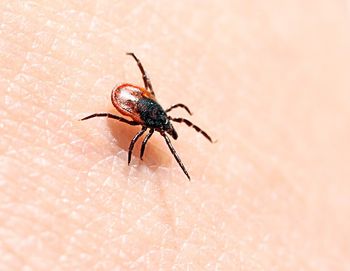
Through the use of citizen science, researchers were able to identify the distribution of ticks and tick-borne diseases in a particularly hyperendemic region of the United States.

In case you missed them, here are our top 5 articles for the week of May 28, 2017.

Melissa B. Miller, PhD and Robin Patel, MD sat down with Contagion® to discuss how they believe that molecular-based point of care laboratory testing will revolutionize healthcare.

Is it time to reassess prescribing practices on beta-lactams when it comes to patients with penicillin allergies? The answer is an unquestionable, “Yes!” according to Meghan Jeffres, PharmD.

In New Orleans, The American Society of Microbiology 2017 annual meeting started with 3 distinct speakers.

Jerod Nagel, PharmD, highlights how rapid diagnostic tools can be utilized in antibiotic stewardship programs to improve outcomes for patients with S. aureus.

Research presented at the 2017 Annual Pediatric Academic Societies (PAS) meeting examines the similarities between Congenital Rubella Syndrome and Congenital Zika Infection.
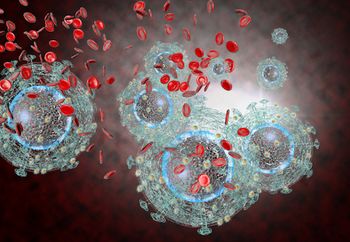
The FDA approved the administration of Isentress HD in patients weighing at least 40-kg who are treatment-naïve or who achieved viral suppression from treatment with raltegravir.
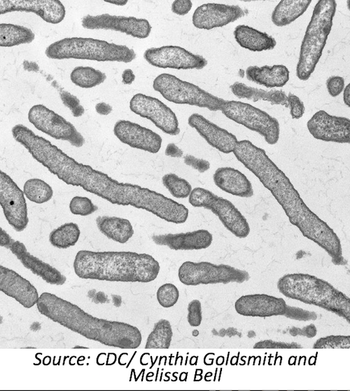
Researchers from Pasteur Institute, Paris, France, and the Centers of Disease Control and Prevention, examine the genomic features of the E. anophelis strain behind the 2015-2016 Wisconsin outbreak.

New information indicates that HIV-positive men can safely father children with their uninfected female partners as long as the couple takes certain precautions.

Norovirus outbreaks in California schools are causing thousands of students and staff to fall ill, and prompting officials to cancel events and close some schools.
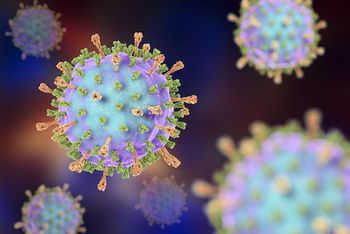
The university reports that infection has subsided in several individuals; however, more people continue to report illness.
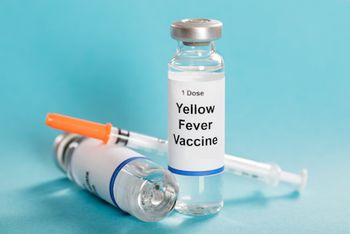
A new vaccine for yellow fever is now available in the United States, as health officials report outbreaks in Brazil and Angola continue to grow.